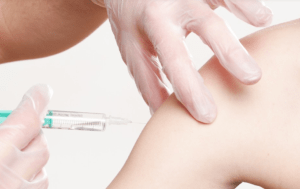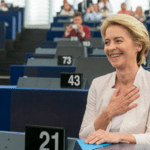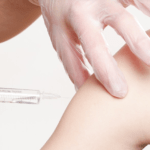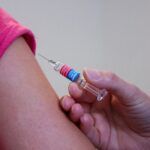The Commission has registered €7.4 billion, equivalent to $8 billion, in pledges from donors worldwide during the Coronavirus Global Response pledging event. This includes a pledge of €1.4 billion by the Commission.
This almost reaches the initial target of €7.5 billion and is a solid starting point for the worldwide pledging marathon, which begins today. The aim is to gather significant funding to ensure the collaborative development and universal deployment of diagnostics, treatments and vaccines against coronavirus.
The pledging event was co-convened by the European Union, Canada, France, Germany, Italy (also incoming G20 presidency), Japan, the Kingdom of Saudi Arabia (also holding the G20 presidency), Norway, Spain and the United Kingdom. The initiative is a response to the call from the World Health Organization (WHO) and a group of health actors for a global collaboration for the accelerated development, production and equitable global access to new coronavirus essential health technologies.
An ongoing pledging marathon
Today is an extraordinary achievement but also the start of a process to mobilise more resources. The initial target of €7.5 billion will not be enough to ensure the distribution of coronavirus health technologies worldwide, as this involves significant costs in terms of production, procurement and distribution.
To help reach the objectives of the Coronavirus Global Response, the European Commission is committing €1 billion in grants and €400 million in guarantees on loans through reprioritisation of Horizon 2020 (€1 billion), RescEU (€80 million), the Emergency Support Instrument (€150 million) and external instruments (€170 million).
A cooperation framework to align global efforts
A universal and affordable Access to COVID-19 Tools (ACT-Accelerator) was the main objective of the 24 April call to action from global health partners. For this, significant funding is needed, as well as a solid collaborative structure, with a clarity of purpose to ensure that the donated money is put to good use and to avoid fragmentation of efforts.
Next steps
The global response must also include civil society, and the global community of citizens. For that reason, the European Commission is joining forces with NGOs such as Global Citizen and other partners.
The Global Vaccines Summit that Gavi, the Vaccine Alliance, will organise on 4 June will mobilise additional funding to protect the next generation with vaccines. As the world relies on Gavi’s work for making vaccination available everywhere, the success of Gavi’s replenishment will be crucial to the success of the Coronavirus Global Response.







Leave a Reply